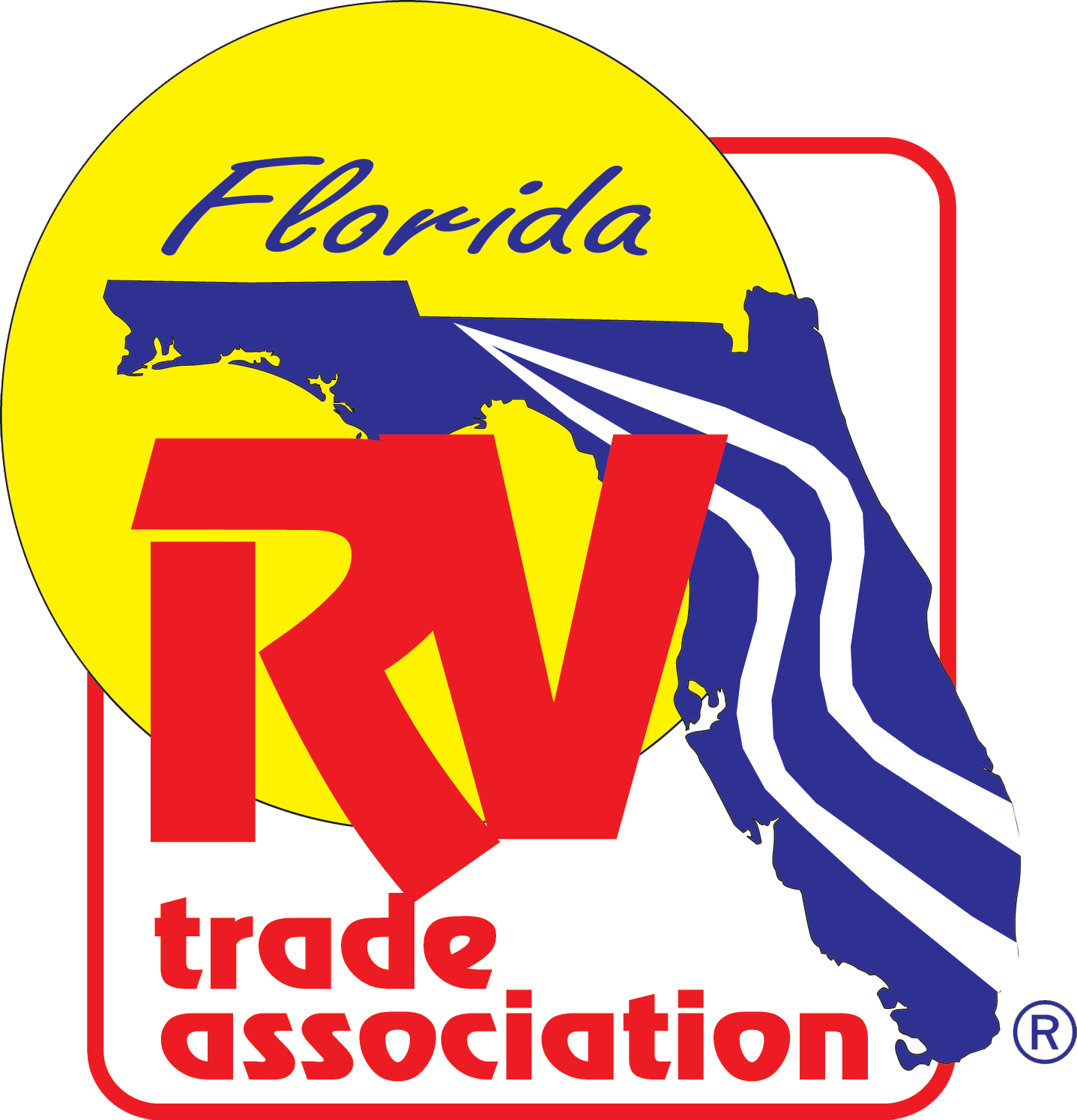NOTICE: The information below was obtained directly from the Division of Motorist Services website. Links are provided so you may access the content on the DMS website.
FAST FACTS
Consignment sales require you to have the following documents:
- Secure Power of Attorney (HSMV 82995) from the owner to the dealer.
- Written consignment agreement.
- Non-Secure Power of Attorney (HSMV 82053) from the owner allowing the dealer to apply for a duplicate title.
- If the unit has a lien on it, a copy of the front and back of the title with a Secure Power of Attorney (HSMV 82995).
- Odometer statement completed at the time the unit is consigned.
- Dealer is responsible for transferring title and registration for the buyer.
NOTE: Some industry attorneys have recommended that the dealer include in the consignment agreement that the consumer maintain full insurance coverage on the unit while it is on the dealer’s property to cover damage to or theft of the unit.
HOT ISSUE: Dealer-to-dealer consignments are not allowed. The MSO or title must be reassigned to your dealership to comply with the indicia of ownership requirement.
The Division of Motorist Services provides the following guidelines in its Florida Motor Vehicle, Mobile Home and Recreational Vehicle Dealers’ Handbook, 15th Edition, 2015 (pages 94-95).
“5. CONSIGNMENT SALES
15C-7.002(5)(c), F.A.C.
Florida law imposes a requirement on a dealer to have a duly assigned title or reasonable indicia of ownership in their possession from the time of acquiring a vehicle until the time of disposing of such vehicle. The common consignment sale practice of merely turning over possession of the vehicle while the consignor/seller holds title is unlawful in this state. Thus, in order for a dealer to stay out of a potentially damaging situation whereby the dealer sells a vehicle that has been consigned, later to discover that the seller refuses to transfer title, the Department permits consignment sales only if the dealer has a secure power of attorney from the owner to the dealer, signed by the seller, which would enable the dealer to process the title after the sale, accompanied by a written consignment agreement that spells out the conditions and obligations of each of the parties in the consignment. The dealer will also need a power of attorney to apply for a duplicate title and assign the title on behalf of the owner. In the cases where there is a lien
on a vehicle to be consigned, the dealer must also have in their possession a copy of the front and back of the title and a secure power of attorney. In a consignment arrangement, the Department holds the dealer responsible for transferring the title to the purchaser within the time frame specified by law. Failure of a dealer to exercise due caution in this regard can potentially jeopardize the status of the dealer’s license. The dealer should complete an odometer statement at the time the vehicle is taken in for consignment sale.
For motor vehicle dealers, the consignment that is contemplated is from a non-dealer owner to a dealer and not between dealers. Only the titled owner can give another person or business a power of attorney to apply for a duplicate title or assign a title on their behalf. No dealer is permitted to sell a vehicle on consignment from another dealer.”
NOTE: One of the causes of consumer complaints involving consignment agreements is when the written consignment agreement does not clearly state the terms and conditions of the consignment sale, especially with regard to how much the consumer will receive and how much the dealer will receive as a result of the sale. It is strongly recommended that you have an attorney draft your consignment agreement to ensure it addresses all pertinent legal issues.
